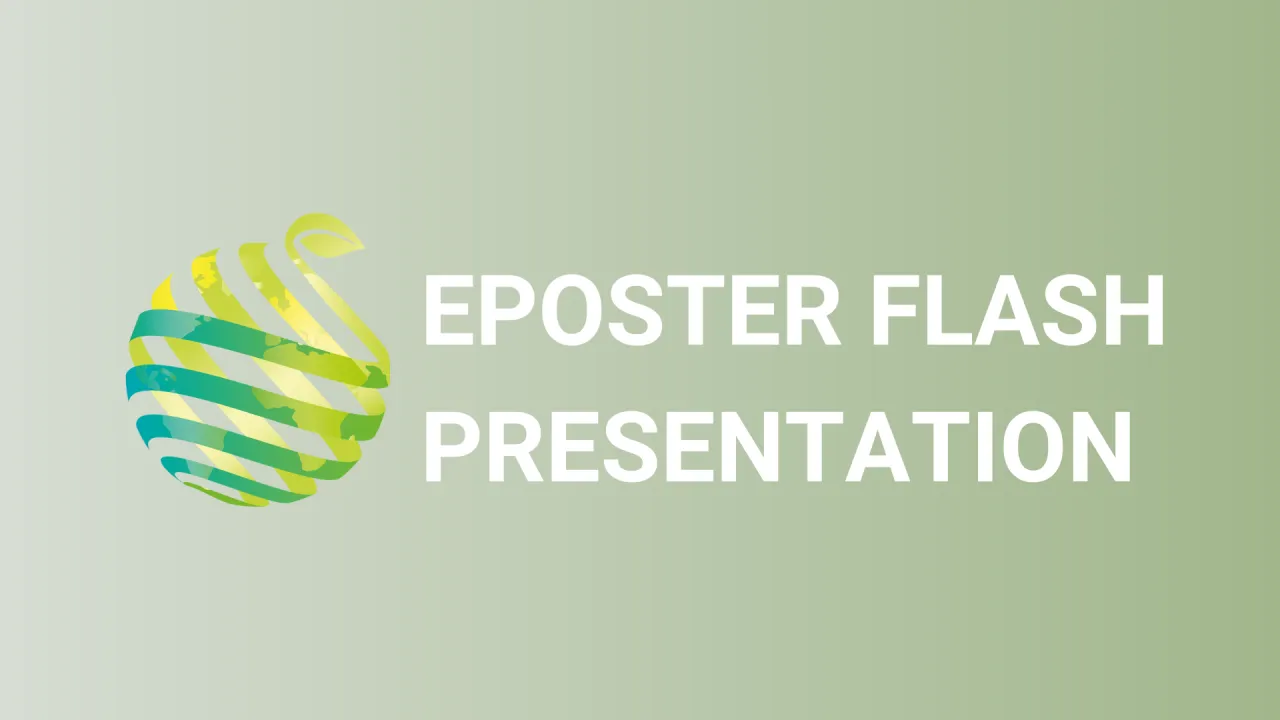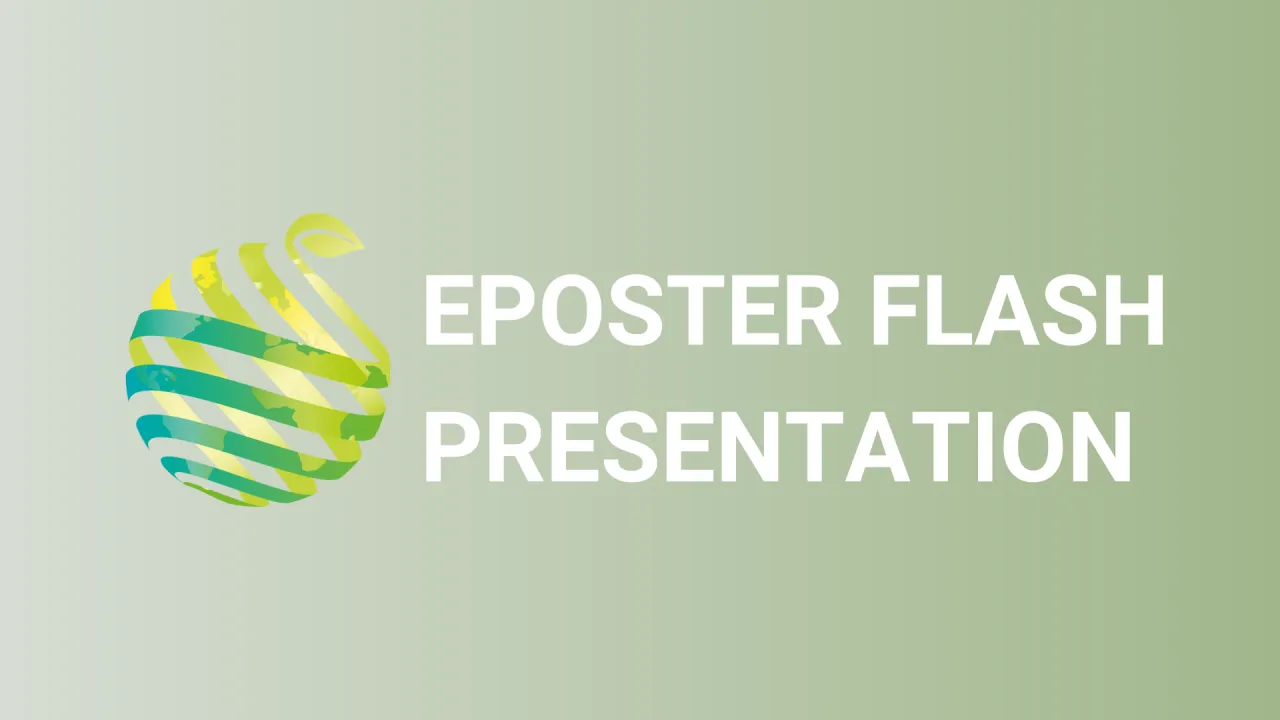

S14 - Session P2 - Effect of plant resistance inducer on the evolution of Venturia inaequalis populations - consequences for sustainability
Information
Authors: Valérie Caffier *, Marie-Noëlle Bellanger, Frédérique Didelot, Sarah Fauvre, Matthieu Gaucher, Michel Giraud, Farhana Jenny, Jean Le Maguet, Bruno Le Cam
Apple scab, caused by the fungus Venturia inaequalis , is a commercially important disease. To control this disease, many fungicides are used in orchards, with societal concerns for human health and environment. Plant resistance inducers (PRI) may be a solution to reduce the use of fungicides and research is in progress to find non harmful products. However, no studies have been performed to assess the efficacy of PRI on a range of V. inaequalis strains and to determine whether repeated use of PRI may result in the selection of less sensitive strains. To explore the question of sustainability of PRI, experiments were carried out on the PRI acibenzolar-S-methyl (ASM, the active ingredient in Bion) with 84 strains of V. inaequalis : 34 from untreated orchards, 30 from an orchard managed in Integrated Fruit Protection with fungicides applied only in case of severe risk of scab infection (lightened IFP) and 30 from an orchard combining lightened IFP and ASM treatments. Each strain was inoculated under controlled conditions on ASM-treated or water-treated Golden Delicious plants. Scab symptoms were observed on each plant 7-16 days after inoculation. Our results showed that ASM was significantly effective in protecting against most strains in controlled conditions with a variable level of efficacy depending on the strain. However, ASM did not show any efficacy against three out of the 64 strains sampled in orchards not treated with ASM, and against one out of the 30 strains sampled in the ASM-treated orchard. This study suggests that despite the existence of strains with a low sensitivity to ASM, these strains were not selected by repeated use of ASM in an orchard managed in lightened IFP.